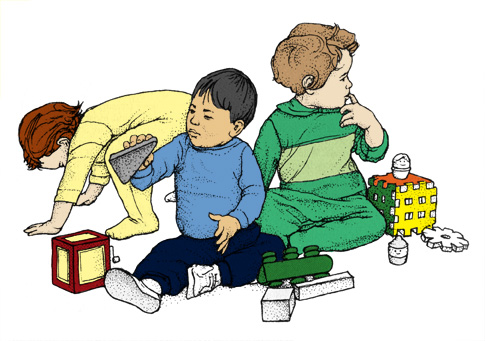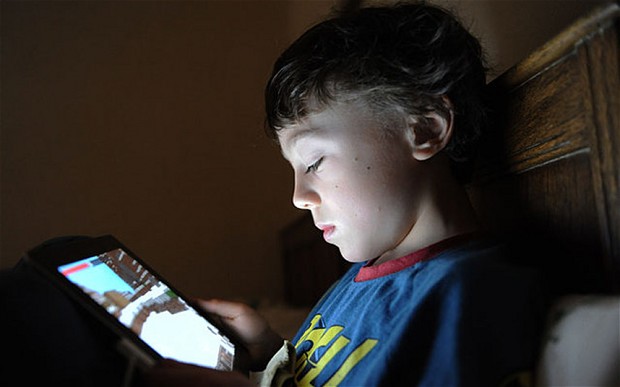Associate professor of anthropology at the Colorado state, Jeffrey Snodgrass recently published two different studies, examining the types of video game experiences and their subsequent effects on players (mostly students).
Snodgrass examined many popular online games for his research and concluded that the very complex nature of such games influenced the players to feel that they are actually a part of the highly vivid and compelling alternate version of the universe that is completely separate from the existing outside world.
Positive Effects of Online Games
1. Critical Thinking

The very nature of online games actually forces kids to think in quick succession. Especially, action games that demand a user to apply quick decisions. Kids addicted to online gaming, when presented with unusual queries, usually solve them instantly. This process not only improves their critical thinking, but also teaches them the importance of trying different solutions for a given problem.
2. Social Development

Video games are often blamed for poorly developed social skills in children. However, according to Psych Central, online games are actually helping children to develop a social circle beyond boundaries. Since majority of the games played online allow players from all over the world to come together and work coordinated to complete at given tasks or solve problems, these games actually help children to expand their friend circle. This is especially beneficial for children suffering from Autism as they can comfortably respond to many visual and verbal questions.
3. Educational

You cannot consider all online games to be mindless. According to assistant professor at the Michigan State University, John L. Sherry, many educators are now making use of the educational games in their classrooms as a highly motivational tool. The right kind of games are actually helping children master many fields efficiently, such as learning the basics of grammar to solving of complex maths problem without any drudgery of the many old-school flash cards.
4. Hand-Eye Coordination

It is not necessary that kids only learn their hand-eye coordination by carrying out sports activities. Health Researchers at the Deakin University have revealed that the preschoolers who are used to playing interactive video games like Wii, have much developed motor skills as compared to the kids who are not fond or are untouched by such games. The study also revealed that children who played Online games displayed better skills in throwing, kicking and catching balls.
5. Emotional Outlet

Children who do not like playing football or any form of aggressive sports, for them online games may actually act as a source to release out suppressed, frustration and aggression. This indirectly helps them vent out stress. Plus, video games also help introvert kids to exert their dominant side, which they do not apply in their routine life.
